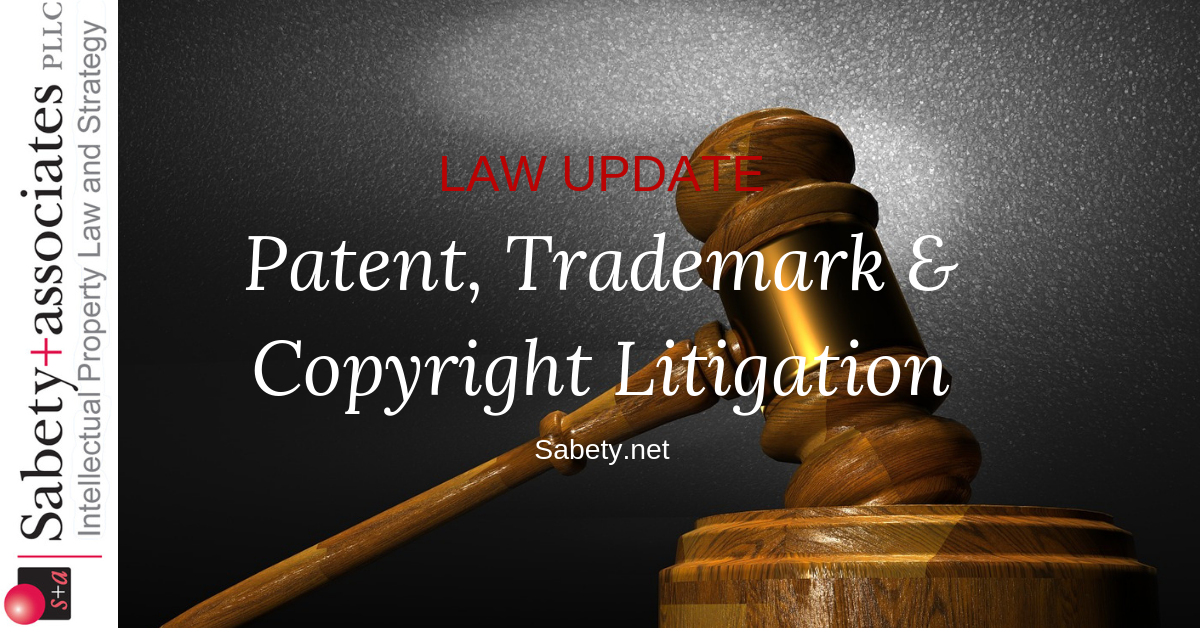April 5, 2021. Google LLC v. Oracle America, Inc. 593 U.S. __(2021). We wrote last year about the ongoing legal battle between Google and Oracle over Java computer language and its potential to create copyright over a computer language. The US Supreme Court handed Google a win without addressing the computer language issue head-on.
The Court noted that there were two questions before it: (i) was the code that defined certain JAVA API declarations copyrightable subject matter under 17 USC 102(b) and, if so, (ii) was Google’s verbatim copying of those declarations “fair use”? The Court side-stepped the first question by assuming yes, “arguendo” and then deciding the case solely on the basis of fair use.
This is interesting because it appears the Court wanted to preserve its ability to maneuver in the murky world of copyright over computer programs and computer languages. If the Court had decided for Google on 102(b) grounds, this could have had far-reaching and unforeseen consequences across the software industry that the Court probably feared to trigger. By deciding the case on “fair use” grounds, the case stands as a narrow precedent. As noted by Thomas’ dissent, it appears a “declaration code precedent” and a narrow one at that. Nonetheless, a number of computer software businesses that are based on licensing an API could view this decision as dangerous: the opinion suggests that copying an API declaration set and writing new method implementations for it does not necessarily give rise to copyright liability.
The rationale underlying the majority opinion was that “thin copyright protection” applied because the “declaration code” “… is inextricably bound together with a general system, the division of computing tasks, that no one claims is a proper subject of copyright.” And that “the declaring code is, if copyrightable at all, further than are most computer programs (such as the implementing code) from the core of copyright [protection].” Pg. 24 This statement stands in contrast to the copyright statute that does not establish relative levels of copyright protection based on the content of the expression.
Thomas’ dissenting opinion too contains interesting doctrinal shifts. The dissent steps around why “declaration code” is not subject to the merger doctrine, (that posits that where expression and function merge, the expression cannot be copyrighted). Thomas argues that “[e]ven if the [merger] doctrine exists, Google admits that it is merely an application of §102(b).” This suggests that in Thomas’ view, the merger doctrine is merely a creature of narrow statutory construction that can be distinguished. In addition, Thomas’ opinion reinterprets the fair use factors with a different slant to reach the opposite conclusion as the majority. With regard to the effect of the infringement on Oracle’s business, Thomas noted that “By copying Oracle’s work, Google decimated Oracle’s market [for licensing Java] and created a mobile operating system now in over 2.5 billion actively used devices, earning tens of billions of dollars every year. If these effects on Oracle’s potential market favor Google, something is very wrong with our fair use analysis.”
If you have any questions about how this opinion regarding copyright in computer software and other cases about patentability of computer software processes affect your business, please contact us.

